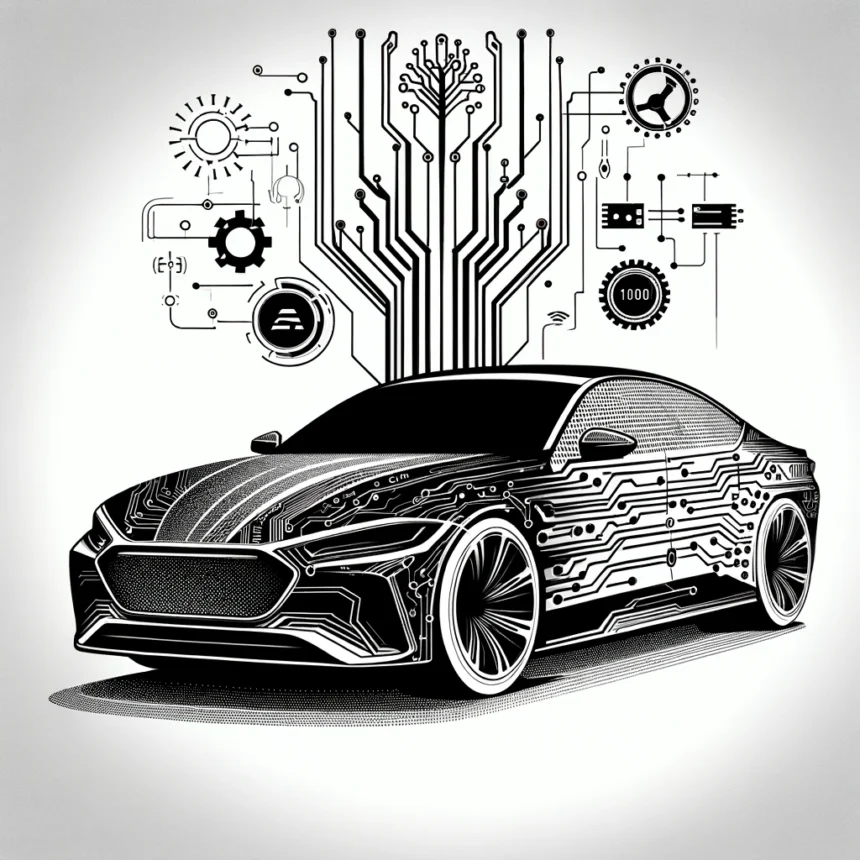AI is poised to revolutionize the tools used in product development. As vehicles become increasingly cleaner and more advanced, propelled by software, the demand for skilled software engineers is outstripping market supply.
What’s Happening & Why This Matters
The need to meet consumer expectations for fast cycle times is also critical. To navigate these challenges, advanced simulation technology, data, and artificial intelligence (AI) will play a key role in the future of mobility. In particular, automotive design and engineering teams may find that these tools are crucial in overcoming the hurdles they face in product development.

Simulation-driven design tools are evolving quickly, and this is an important trend to watch. As the automotive industry shifts towards automation and electrification, vehicles are becoming more complex than ever. This complexity is being driven by advances in software, and the pressure to reduce the time taken for design cycles is becoming more acute. At the same time, there is a shortage of qualified software engineers, and slim profits have resulted in tight margins.
TF Summary: Next Steps
Automotive design and engineering teams will need to turn to advanced simulation technology, data, and artificial intelligence (AI) to tackle the challenges of future mobility. Artificial intelligence can offer a range of capabilities, from recognizing patterns within data to optimizing workflows. This could transform the way that product development tools are used in the automotive industry.


